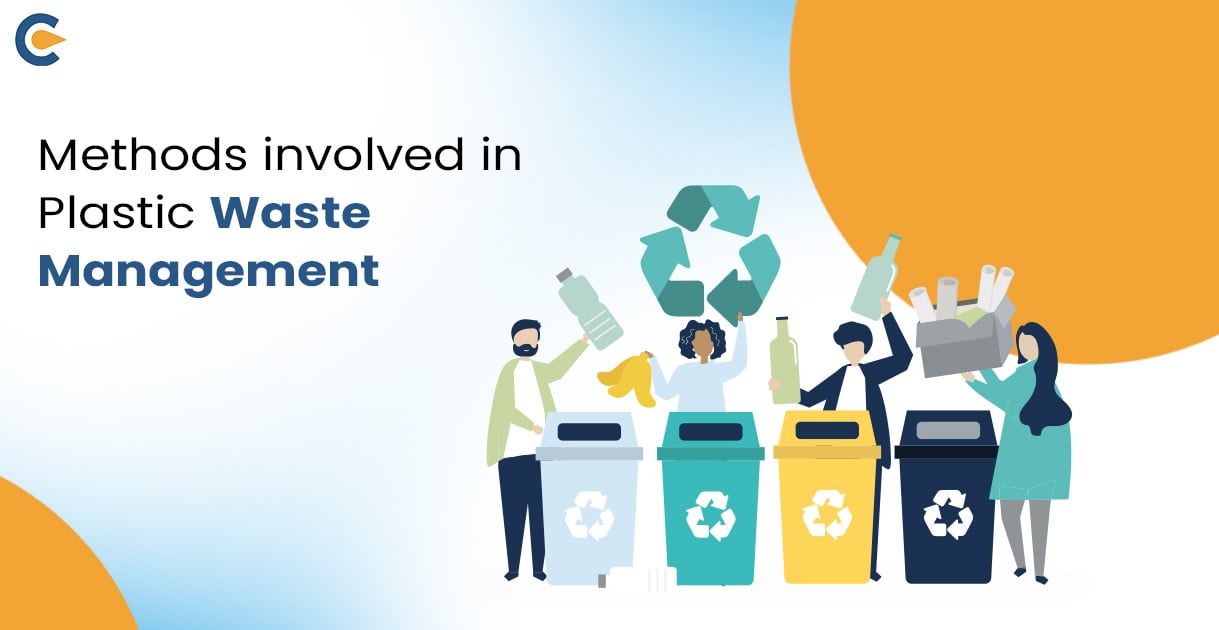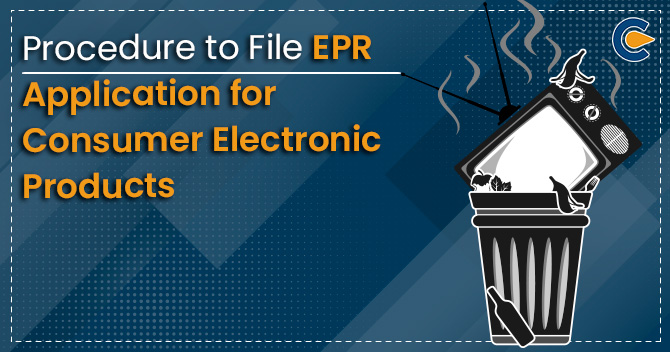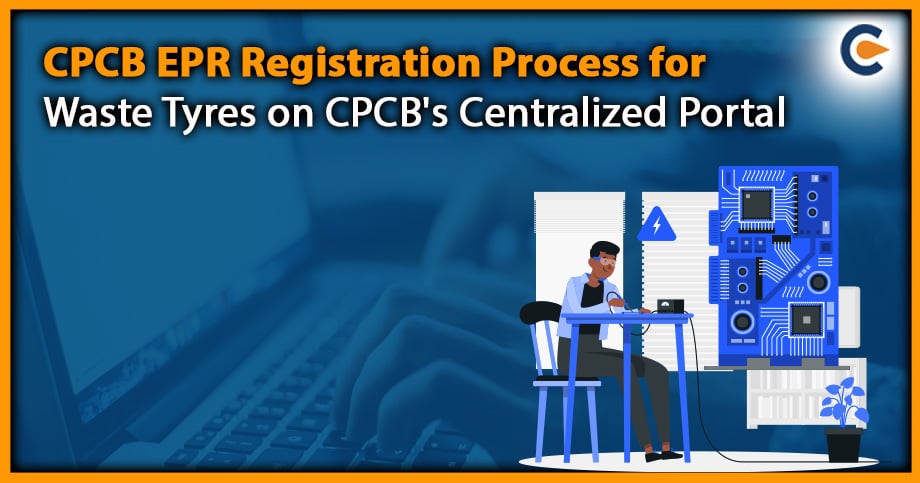Methods involved in the plastic waste management: As plastic garbage has such a widespread environmental impact, managing it has become a primary global concern. Due to excessive plastic production, which exceeds millions of tons annually, and poor disposal techniques, plastic waste overflows landfills and chokes the oceans. It is essential to implement efficient management measures to reduce pollution, preserve ecosystems, and protect the public health. This complex problem makes it necessary to have a diversified strategy that includes reduction and appropriate disposal techniques.
To address this complicated issue, innovation in material science, technology, and policy frameworks is essential. A culture of environmental stewardship and sustainable consumption is greatly enhanced by education and public awareness initiatives. Communities and companies can move toward a circular economy where plastics are properly managed and their lifetime is optimized for minimum environmental impact by putting integrated solutions into place.
What is Plastic Waste Management?
Plastic waste management is a process where steps are taken to manage and control the plastic waste in the country aiming for a better future for coming generations. Plastic waste contributes to a lot of pollution and it is also not easily decomposed in nature, thereby affecting everyone. There are certain methods involved in plastic waste management that should be taken into account to curb the plastic waste in the country.
Benefits of Plastic Waste Management
The benefits of plastic waste management are as follows –
- The foremost benefit of plastic waste management is that it helps reduce environmental pollution, which helps the lives of living beings on land and in water. It helps in maintaining the balance of the ecosystem by keeping it clean of toxic and harmful substances that create problems just by being in nature.
- Reusing and recycling plastic and related products helps manage natural resources since no new resource is used in the recycling and reusing process.
- Through waste management, energy can be created, making us less reliant on petroleum, fuel, fossil fuels, coal, etc.
- Efficient use of methods involved in plastic waste management reduces the risk of public health issues created by the mismanagement of plastic waste. Burning plastic near residential areas alone can cause severe health hazards.
- Effective plastic waste management leads to regulatory compliance and avoids penalties and fines imposed by the government for effective management of waste through various rules and regulations.
Causes of plastic waste
The causes of plastic waste are –
- Plastic is a very cheap product that is easily available in the market, and this is why people do not use plastic items more than once, even if it is usable. This causes the waste in plastic materials to be dumped into the garbage and remain in the environment for hundreds of years.
- Plastic disposal system is not good in our country and this is why there is a lot of plastic in the environment which can be recycled and reused in so many things.
- The increase in the number of plastic toys has also increased the usage of plastic, which degrades the environment.
- Dumping of plastic wastes in the ocean has also made the impact worse since plastic doesn’t decompose easily thereby polluting the oceans and aquatic life as well.
Methods Involved in Plastic Waste Management
The methods involved in plastic waste management are very essential for country to flows as it has a great impact on the plastic waste management. The methods involved in plastic waste management are as follows –
Recycling
Recycling plastic waste is one of the premium methods involved in plastic waste management since it involves re-using plastic material in different forms. This ensures that no excess plastic is made and that the existing ones are used for a longer period. The recycling industry is advantageous in making use of waste plastic, employing people, contributing to the country’s economy, etc.
Incineration
One of the other methods involved in plastic waste management is incineration through incinerators, which are specialized facilities where debris that has been sorted and pre-processed is burned at high temperatures. This process breaks down plastic materials into gases such as carbon dioxide and water vapour, as well as produces heat energy that can be used to power steam-driven turbines to produce electricity. Modern incinerators have state-of-the-art emission control systems that capture and treat pollutants before release to reduce their adverse effects on the environment. However, since solid ash is created after combustion and needs to be recycled or disposed of properly, residue management is crucial.
Although energy recovery and waste volume reduction are two advantages of incineration, it is best used in conjunction with a comprehensive waste management strategy that emphasizesthe reduction, reuse, and recycling of plastic waste so that broader challenges can be addressed.
Landfill
Landfills can be considered as one of the oldest methods involved in plastic waste management. It is a considerably very easy way to manage plastic waste, but it is not as effective as the others are. In this method, a hole is dug deep into the earth, and the plastic waste is directly dumped into it and covered with mud. This lets plastic decompose, and the plastic is not outside in the environment, causing problems for living beings. However, this method is not quite useful since the plastic takes hundreds of years to decompose, and the usage of land is so much that it could have been used for better purposes rather than just a dumping ground.
These are some of the most common methods involved in plastic waste management that are used in the country for the effective treatment of plastic waste.
Future of Plastic Waste Management
Methods involved in plastic waste management are not completely efficient in managing plastic waste; hence, in the future, we need to come up with some new techniques to reduce the usage of plastic to promote sustainable development. Recycling plastic waste is quite a good technique, but plastic usage is so extensive that it is not possible to recycle everything. Also, there should be good management in the future in collecting plastics from the environment since most of the plastic is casually dumped onto the roadside, which is impossible to gather at a place. The government came up with extended producer responsibility rules that are making some progress in maintaining plastic waste.
Plastic Waste Management Amendment Rules 2023
The Plastic Waste Management Amendment Rules came into effect on April 27, 2023, through the Central Government. It makes sure that the producers, brand owners, and importers get the EPR registration under the rules that can only be changed upon their request having gotten the EPR registration. These individuals need to get registered, and the period of registration is one year, and later, the registration can be extended for up to 3 years. EPR registration is made mandatory so that these producers treat plastic waste properly; otherwise, they will have to face fines and penalties. Incentives and rewards are also involved in the case when producers are doing a good job of maintaining plastic waste.
Difficulties in plastic waste management
Methods involved in plastic waste management are not fully capable of managing plastic waste, which is the main reason why plastic waste management faces a lot of difficult times. Firstly, it is not easy to collect plastic that is dumped in the surroundings. People often throw waste in the streets that are difficult to collect and use for recycling purposes, which makes it difficult to manage plastic waste. Secondly, the techniques of plastic waste management adopted are not efficient enough to completely eradicate the issue of plastic pollution and hence fail to contribute largely to accomplishing the vision of sustainable development. Lastly, environmental conservation is never a prime topic of discussion, which is why it is given less importance than other matters.
Conclusion
All in all, to effectively address the numerous difficulties posed by plastic pollution, a multidimensional approach that integrates diverse solutions is necessary. Communities and enterprises can reduce environmental degradation, conserve resources, and advance sustainable development by putting methods involved in plastic waste management like reduction, reuse, recycling, energy recovery, and correct disposal into practice. Creating ethical consumption practices and promoting involvement in waste management endeavours are greatly aided by education and awareness campaigns.
Furthermore, to advance toward a circular economy where plastics are efficiently managed and their lifecycle optimized for the lowest environmental impact, innovation in materials science, technology, and regulatory frameworks is crucial. A healthy ecosystem can be achieved through plastic waste management through stakeholder participation, coordinated efforts, ecosystem management, and improvement in the quality of life that will be provided for us and our future generations.
Corpbiz can help individuals develop strategies for efficient plastic waste management and contribute to the creation of a sustainable development plan. We also help enterprises in complying with the EPR. You can contact our team for a detailed plan.
Frequently Asked Questions
How can plastic waste management help in sustainable development?
Pollution by plastic waste is one of the largest contributors to environmental decay, and with appropriate measures, plastic waste management can help in the vision of sustainable development by decreasing the pollution in land and oceans.
Are methods involved in plastic waste management sufficient?
No, the methods involved in plastic waste management are not completely efficient in managing plastic wastes, hence in the future; we need to come up with some new techniques to reduce the usage of plastic for promoting sustainable development. Recycling plastic waste is quite a good technique, but plastic usage is so large that it is not possible to recycle everything.
What are the most common methods involved in Plastic Waste Management?
The most common methods involved in plastic waste management are recycling, landfills, and incineration.
Which steps are followed in plastic waste management?
Plastic waste management starts by reducing plastic production and continues with reusing the plastic, or recycling it, then recovery of energy and lastly landfilling.
What is Plastic Waste Management?
Plastic waste management is a process where steps are taken to manage and control the plastic waste in the country, aiming for a better future for future generations. Plastic waste contributes to a lot of pollution, and it is also not easily decomposed by nature, thereby affecting everyone.
What are the general ways to reduce Plastic Waste Management?
General ways to reduce plastic waste management are to reduce using plastic as much as we can, start reusing and recycling products made of plastic, not throw plastic outside of the dustbin and on streets, and use eco-friendly products to replace plastic.
What are the 3 R’s in Plastic Waste Management?
The 3 R’s in plastic waste management means Reduce, Reuse, and Recycle.
Is there any EPR compliance for plastic waste management?
Yes, the producers, importers, and manufacturers of plastic products are subject to extended producer responsibility compliance to avoid legal action, penalties, and fines.
How do modern incinerators help in plastic waste management?
Modern incinerators have state-of-the-art emission control systems that are used to capture and treat pollutants before release to reduce their negative effects on the environment. However, since solid ash is created after combustion and needs to be recycled or disposed of properly, residue management is crucial.
How can biodegradable plastics help in plastic waste management?
Biodegradable Plastics can help in Plastic Waste Management since their existence does not harm the environment because they can easily decompose in the environment over time.
Read Our Article: Plastic Waste Management Compliances For PIBOs











